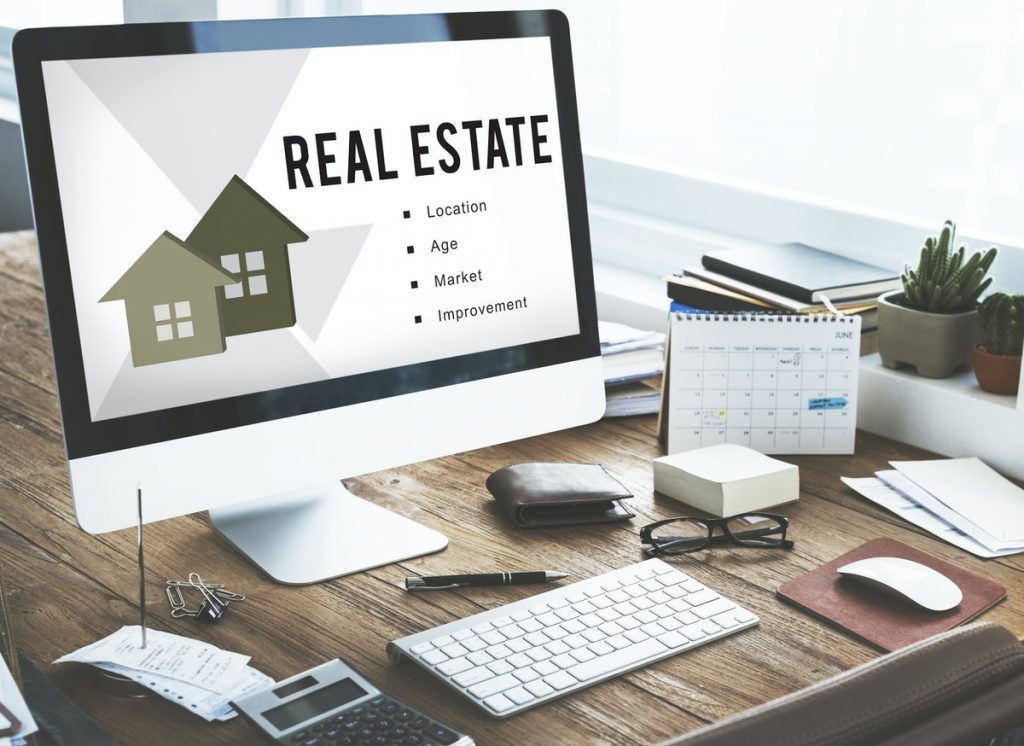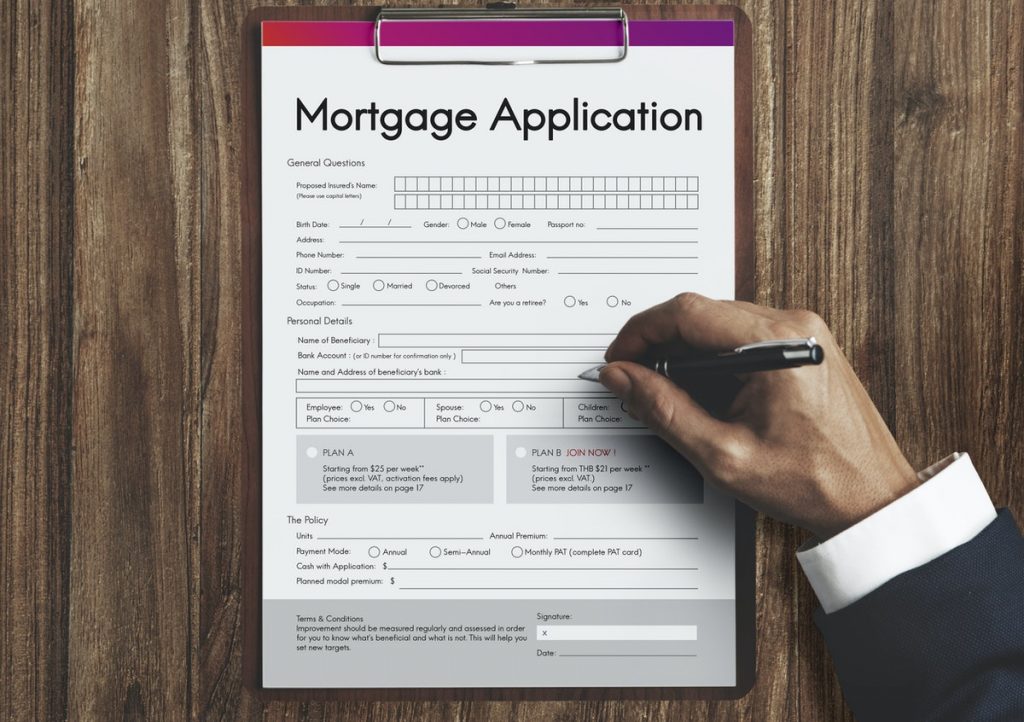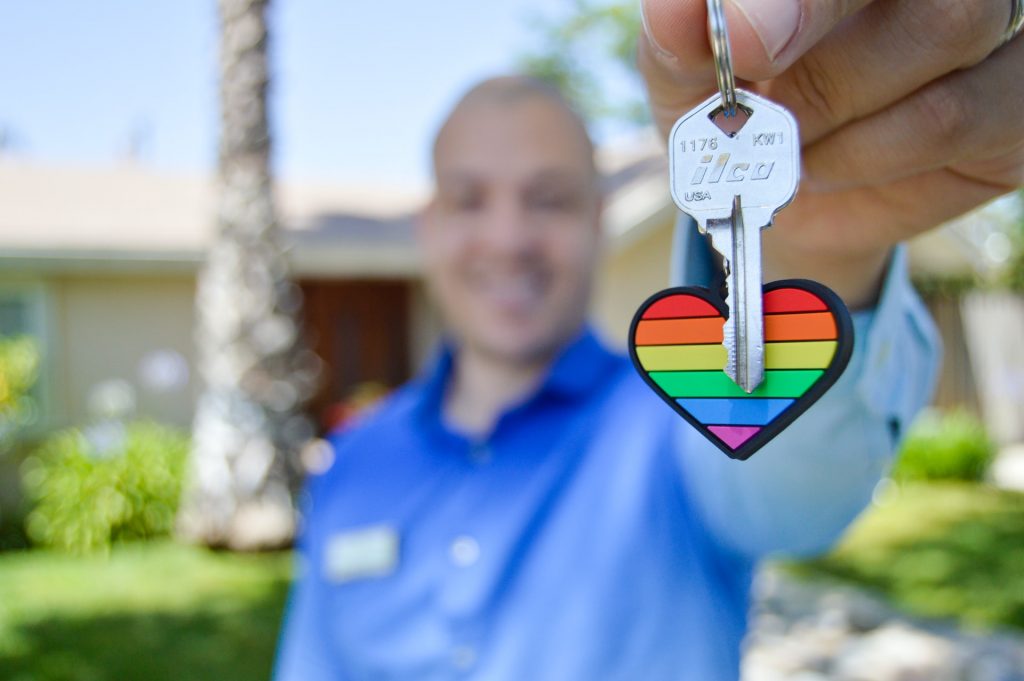
How to Know You’re Ready to Buy a House: 5 Steps to Take
You’re considering buying a home, and every time you see a promising real estate listing, you start mentally landscaping the lawn and redecorating the living room. But there’s one nagging question that keeps you up at night.
Are you really ready?
It’s hard to know when you’re fully prepared to take on the responsibilities and costs of homeownership. What if you end up regretting it? These kinds of concerns are normal. Just don’t let them get in the way of purchasing a home where you can finally get a good night’s sleep.
Instead, cross these five steps off your to-do list. Then, put in your first offer!

Step 1: Know Where You Want to Be
When you buy a house, it is a long-term investment. If there’s a chance you’ll leave your immediate geographic area within a year (or worse, a month!), homeownership may be more of a hassle than it’s worth.
Make sure you research the following aspects of a prospective home:
- What’s the commute like to your place of work? Can you handle it day after day, year after year?
- How are the schools in the area? If you’re planning on having a family or your children will be in school, make sure the educational system is up to snuff.
- What other local amenities can you enjoy? Will you have easy access to stores and recreation?
- How is the rental market? If you need to move, will it be easy to find a tenant who can help pay your mortgage in the short or long term?
If everything seems ideal, trust your gut.
Step 2: Make a Realistic Budget
When you’re purchasing a home, it’s tempting to get the biggest, fanciest home you can possibly afford. You’re excited to have your own space—and a lot of it!
But it’s important to come up with a budget that won’t stress you out when you buy a house. Compare the following potential costs against your monthly income:
- Mortgage loan
- Utilities
- Property taxes
- Homeowner’s insurance
- Mortgage insurance (if applicable)
- Repairs and maintenance
Once these figures add up, make sure you still have enough cash left over for your savings account, groceries, and the occasional splurge—we all need a fresh haircut now and again!
Step 3: Research Loan Programs
Having the right loan can greatly reduce your monthly costs. Ideally, you’ll get financing with the following features:
- Low-interest rate
- Affordable down payment
- Reasonable financing fees (to be paid at closing)
Some people are eligible for special financing. For example, veterans may qualify for VA loans and generous terms. Others can also avail of a special housing loan program under usda property eligibility. If you served, make sure you actually get the answers to questions like, what is VA entitlement?
There are plenty of resources available to address your questions and concerns about mortgage loans, down payments, and interest rates. In fact, the only question that can’t be answered is whether or not you’re ready to buy a house—when it’s right, you’ll just know.

Step 4: Save Enough for a Down Payment
Once you’ve researched loans, you have a good sense of the down payment your prospective bank will need upfront. This generally falls between 0% and 10% of a potential home’s purchase price for first-time buyers.
After you’ve made a purchase, you may need to show proof of funds within weeks—and in some cases, within days.
Is your bank account shy of your goal? You may want to check rental listings in your area for affordable apartments sorted by 1 bedroom to save a little more for your dream-home deposit first. Alternatively, you can also conquer this step by applying to state or local down payment assistance programs.
Step 5: Be Ready to Cover Unexpected Costs
When you’re a homeowner, there’s no one waiting in the wings to solve your problems, much less pay for them.
That means you need to be ready and willing to take on the responsibility of maintenance and repairs. It can be from anything minor like a bedroom needing to have a fresh coat of paint, or unfortunately it could be a matter more severe like having to hire an arkansas exterminator or one more local, as you could find a few creepy crawlies roaming around your home. In any eventuality, it’s best to be prepared. So, what kinds of things could go wrong?
- You’ve heard people talk about it, but what exactly is black mold? As a renter, you could afford to stay ignorant of potential household pathogens. As a homeowner, mold and pest infestations are your problem now.
- You may need to replace your furnace, hot water heater, or another major appliance.
Make sure you have a savings account and a plan for paying these kinds of expenses.
Sometimes, You Just Know

Now that you’ve read through these five steps, we hope you feel more confident that you’re ready to buy a home. If not, at least you know how to start preparing yourself!
Beyond these steps, you’ll also need to find the perfect house. It’s totally possible that you won’t feel completely ready until you encounter the home that feels “right.” When you do, you’ll experience excitement, joy, and distinct certainty that it’s time for the next step.
We have our fingers crossed for you!
Featured Image by Paul Brennan from Pixabay




